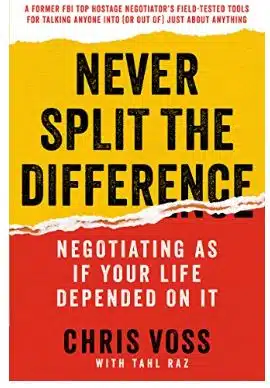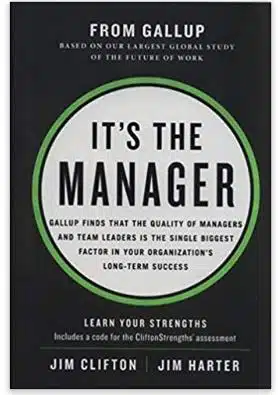Books for Small Business Owners
Being a life-learner is characteristic of strong leaders. The following is a sampling of my personal reading library. Many of the classic business books have concepts that translate well into effective business management and provide explanations of complex business principles. Enjoy the read!

The Ride of a Lifetime: Lessons Learned from 15 Years as CEO of the Walt Disney Company
In The Ride of a Lifetime, Robert Iger shares the lessons he learned while running Disney and leading its 220,000-plus employees, and he explores the principles that are necessary for true leadership, including:
• Optimism. Even in the face of difficulty, an optimistic leader will find the path toward the best possible outcome and focus on that, rather than give in to pessimism and blaming.
• Courage. Leaders have to be willing to take risks and place big bets. Fear of failure destroys creativity.
• Decisiveness. All decisions, no matter how difficult, can be made on a timely basis. Indecisiveness is both wasteful and destructive to morale.
• Fairness. Treat people decently, with empathy, and be accessible to them.
Gallup finds the quality of managers and team leaders is the single biggest factor in your organization’s long-term success.
Packed with 52 discoveries from Gallup’s largest study on the future of work, It’s the Manager shows leaders how to adapt their organizations to rapid change, ranging from new workplace demands to the challenges of managing remote employees, a diverse workforce, the rise of artificial intelligence, gig workers, and attracting – and keeping – today’s best employees.

Never Split the Difference:
Negotiating As If Your Life Depended On It
Never Split the Difference takes you inside the world of high-stakes negotiations and into Voss’s head, revealing the skills that helped him and his colleagues succeed where it mattered most: saving lives. In this practical guide, he shares the nine effective principles―counterintuitive tactics and strategies―you too can use to become more persuasive in both your professional and personal life.
Life is a series of negotiations you should be prepared for: buying a car, negotiating a salary, buying a home, renegotiating rent, deliberating with your partner. Taking emotional intelligence and intuition to the next level, Never Split the Difference gives you the competitive edge in any discussion.
The quality function in all organizations is an evolving disciple.
The management of quality crosses all functions of an organization requiring a comprehensive understanding of organizations as systems and an understanding of the ever-increasing range of tools and technologies that quality professionals use.
This handbook is a must for every manager’s bookshelf and deals with every aspect of management and is the preparatory handbook for the Certified Manager of Quality/Organizational Excellence exam.


This classic management book by Jim Collins offers some amazing insight into how leading companies manage to make the leap to a higher level.
It describes what the leaders of these organizations look like and basic management principles that they operate by. This is a must read for anyone desiring to take an organization to the next level.
This book is written with the general manager in mind and provides a base of key organizational behavior material on why employees behave as they do and how to promote behavior required to implement a focused business strategy using staffing, development and reward systems.


This book answers the question of why some ideas thrive and others die and what can improve the chances of worthy ideas.
Chip and Dan Heath tackle head-on these vexing questions and reveal the anatomy of ideas that stick and explain ways to make ideas stickier.
Managing For Dummies
This book is written with the general manager in mind and provides a base of key organizational behavior material on why employees behave as they do and how to promote behavior required to implement a focused business strategy using staffing, development and reward systems.


